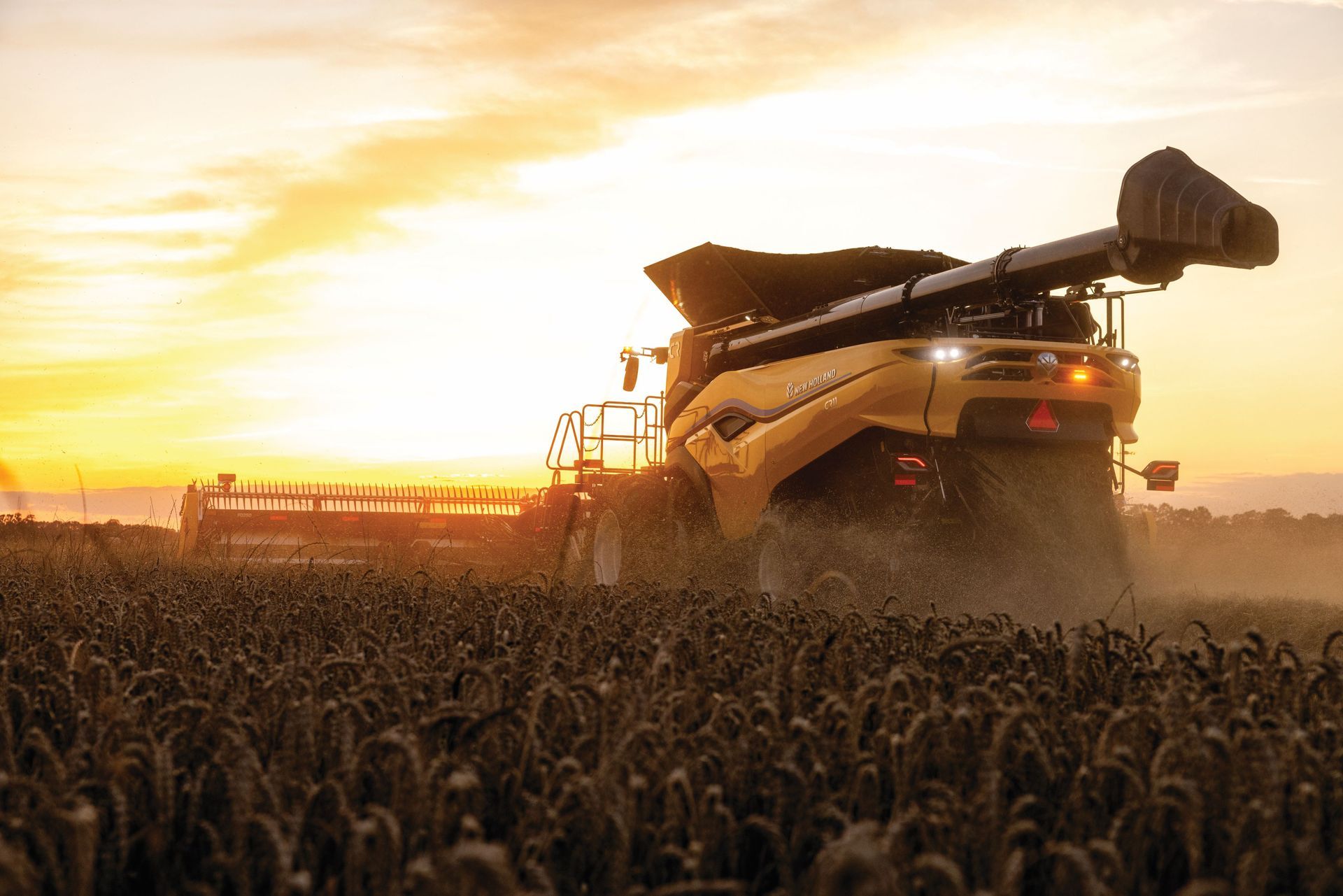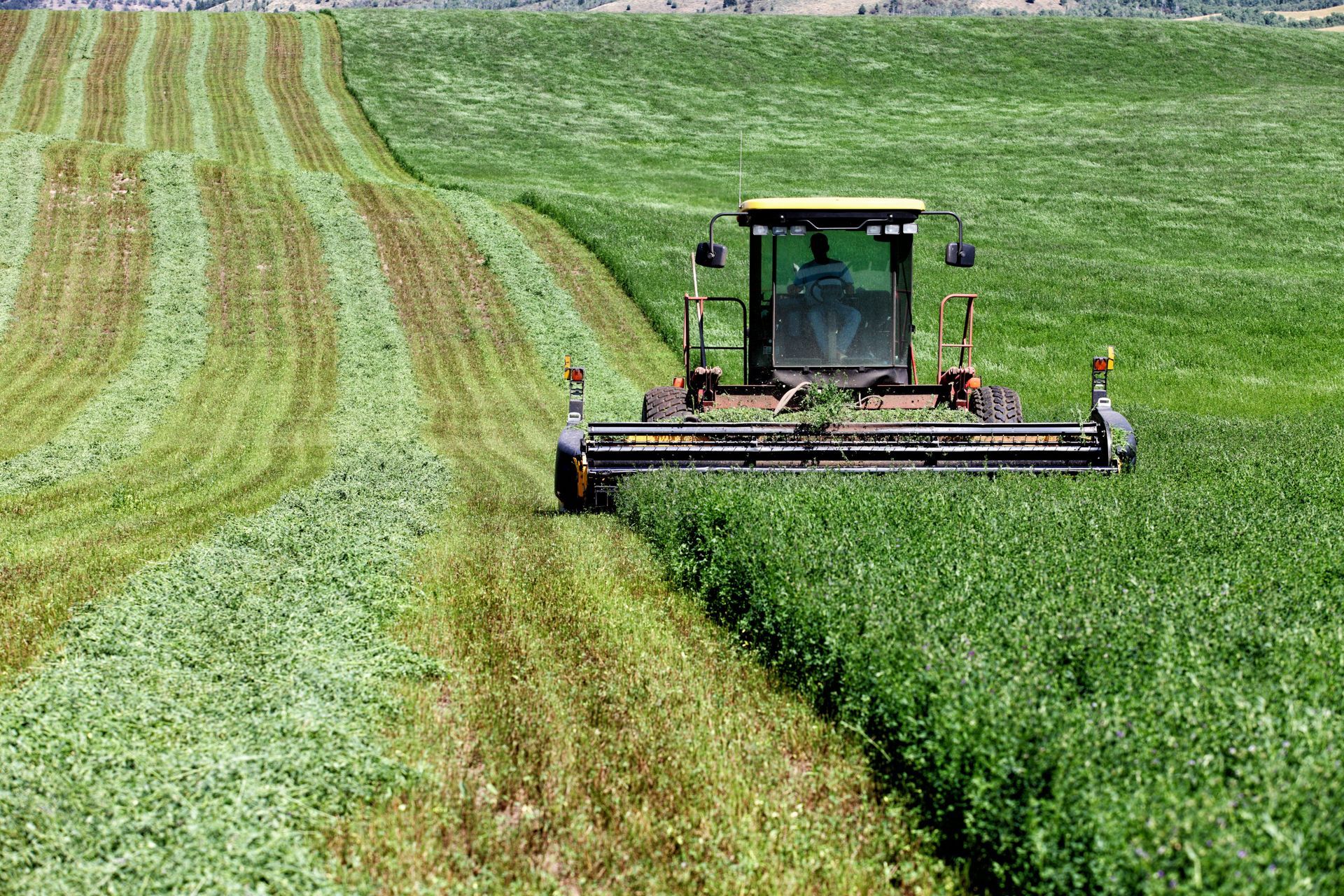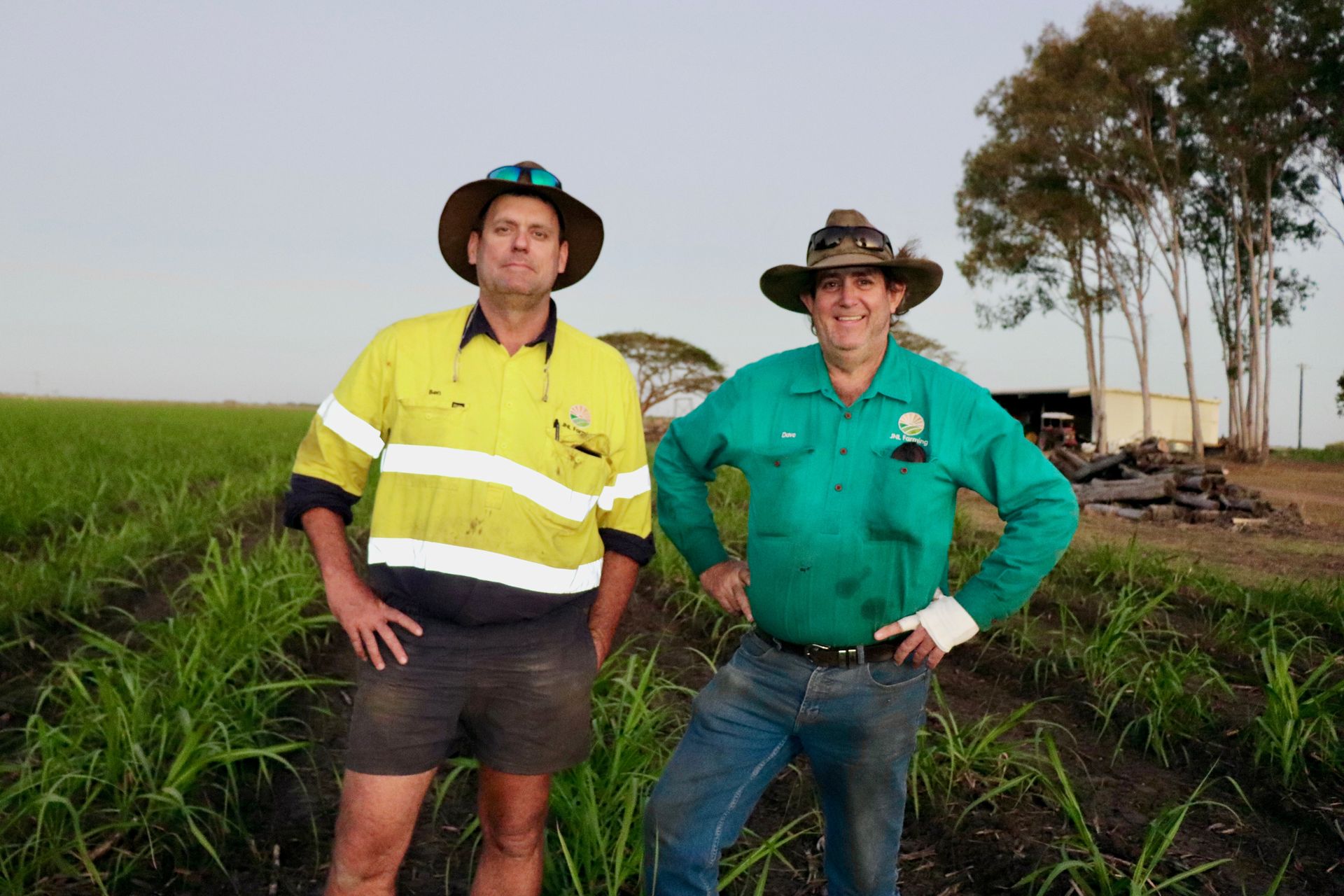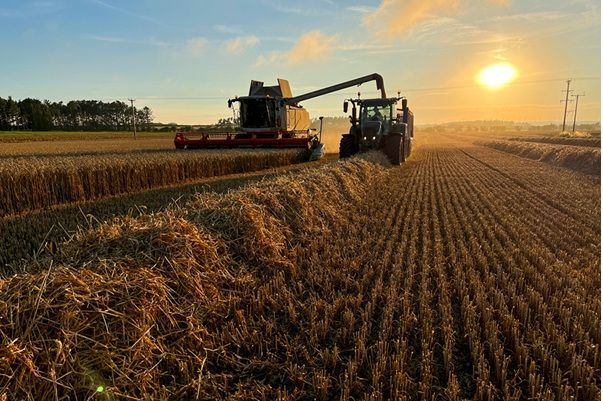1MG FlippingBooks
Beef sector on track to achieve 2030 carbon neutrality
A new report card into the sustainability of Australia’s beef industry shows that the sector has halved its carbon footprint and made significant progress towards more sustainable production.
The Red Meat Advisory Council ’s (RMAC) 2019 Australian Beef Sustainability Annual Update reports on the priorities of the Australian Beef Sustainability Framework , an initiative developed by industry stakeholders that aims to address changing community expectations and support the beef sector.
The update reveals that the industry has reduced its carbon dioxide emissions by 56 per cent since the baseline year of 2005, mainly through improving productivity and vegetation management practices. For example, growth rates in young cattle were estimated to have increased by 19 per cent in response to higher proportions of cattle fed in feedlots.
“This is a clear message to global consumers that the Australian beef industry is serious about addressing greenhouse gas emissions,” says Will Wilson, AgForce Queensland Cattle president.
This significant reduction in greenhouse gas emissions means that the beef sector is on track to achieve its target of carbon neutrality by 2030 (CN30).
“With industry, policy and research focus Australia can be the first country in the world to have a carbon neutral red meat production system,” says Don Mackay, RMAC Independent Chair.
The beef industry will continue its efforts to become carbon neutral by increasing resource use efficiency for profitable livestock production and reducing the environmental impact of its activities. This will include adopting practices to improve animal genetics, feedbase management and herd management.
RMAC has also partnered with Greening Australia , the Australian Forest Products Association and Farmers for Climate Action to form Climate Proofing Australia. This new alliance advocates for science-based policy that aligns with the CN30 pathways and promotes investment in sustainable development.
Despite this, farmers continue to stress the importance of the Federal government taking action to curb the Australia’s greenhouse gas emissions. Although the most recent National Greenhouse Gas Inventory Update for December 2018 reveals that emissions from the agriculture sector have decreased by 3.3 per cent, national emissions have risen to a record high, up 0.6 per cent from 2017.
“Like most Australian farmers, I’m already feeling the impact of climate change on my farm in the form of more frequent extreme weather events. We’re adapting, but our ability to adapt has limits. We have no more time to waste,” says Lucinda Corrigan, Bowna beef producer and Chair of Farmers for Climate Action. “The losses from climate change are higher than the cost of action.”

















